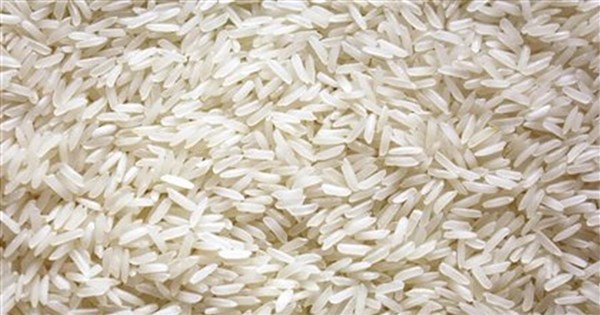Taipei, March 26 (CNA) Taiwan’s government has 143 food distribution stations around the country and supply chains that are “fully planned” in the event of an emergency such as an invasion by China, the agriculture minister said Wednesday.
During a legislative hearing, Chen Junne-jih (陳駿季) also said that Taiwan “currently has five and a half months of public grain reserves” which could increase to “around eight or nine months if [this year’s] harvest is good.”
The state-run reserves “usually last from eight to 12 months,” he told lawmakers, but Taiwan also has private grain reserves, which means at present the country’s food needs could be met for “a year.”
Chen further clarified that the distribution process is a collaboration between central and local governments, though the central government “would not directly” handle food distribution in a national emergency.
The agriculture minister also said that while there are 143 stations, not every county or city requires one, since food distribution plans are not based on those administrative divisions.
The Ministry of Agriculture, according to Chen, will provide more detailed information on food distribution plans as part of ongoing preparations for emergency scenarios, including war and natural disasters.
The minister was responding to concerns raised by Weng Hsiao-ling (翁曉玲), a legislator from the main opposition Kuomintang (KMT), who cited a report from the Center for Strategic and International Studies (CSIS) on Taiwan’s food security.
The U.S. think tank report, Weng said, stated that a Chinese blockade could “at any time” prevent ships from reaching Taiwan, which imports 70 percent of its food and 96 percent of its energy.
The People’s Republic of China (PRC) claims Taiwan as part of its territory, despite having never controlled the island, and frequently conducts drills in waters around Taiwan.
On Oct. 14, 2024, for instance, the China’s military conducted large-scale drills around Taiwan that, according to the Chinese People’s Liberation Army (PLA), focused on capabilities including “the blockade and control of key ports and areas.”
